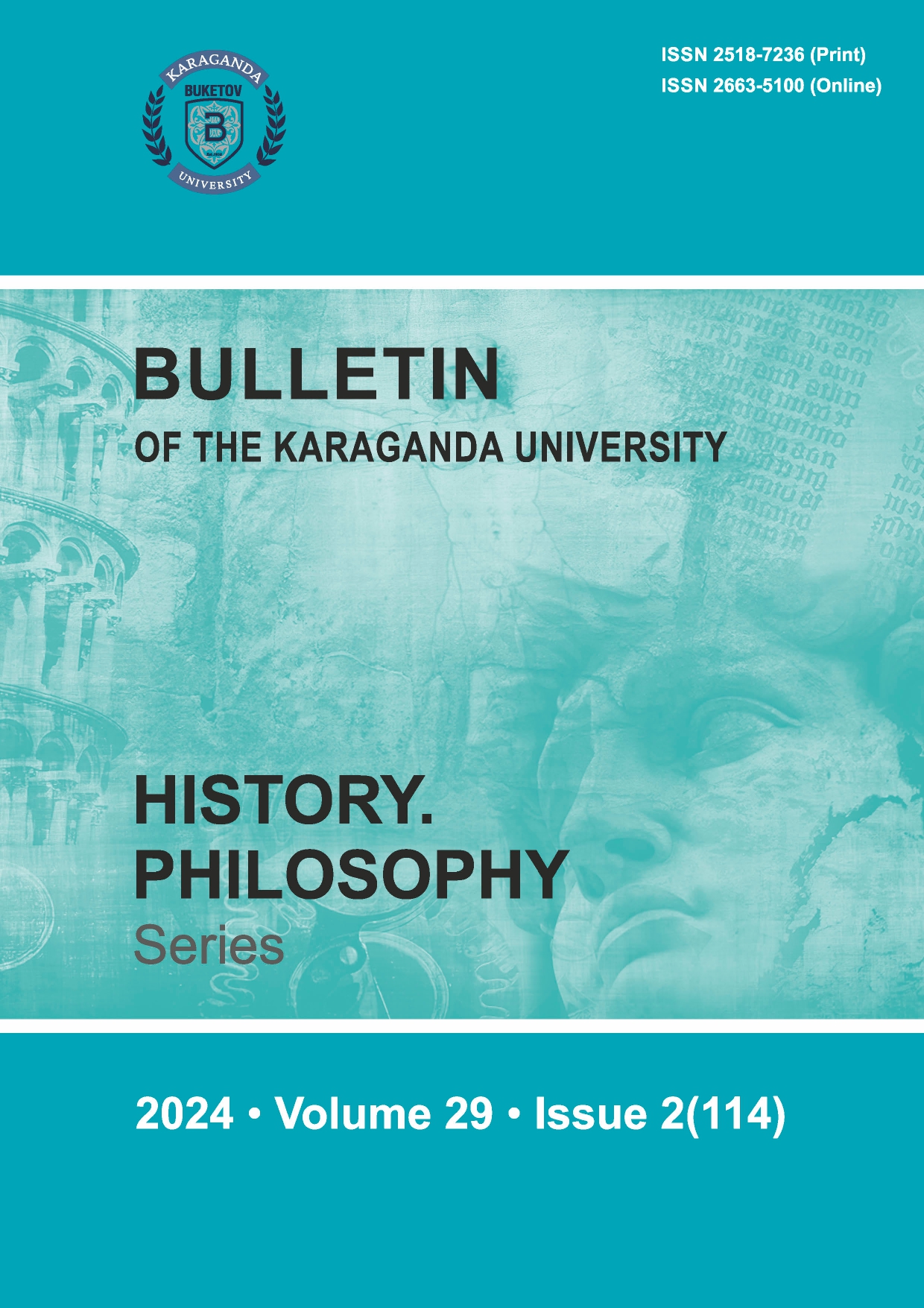The role of critical thinking in teaching philosophy
DOI:
https://doi.org/10.31489/2024hph2/313-320Keywords:
critical thinking, philosophy, education, method, development, technology, information, teaching, innovationAbstract
In the article the effective ways of critical thinking technology in teaching philosophy were discussed. Thinking is the basis of all cognitive actions or processes and is unique to a person. Thinking is one of the features that distinguish people from other living beings. Thinking means changing some internal representations. In this case, the ability to think reasonably is a fundamental condition in our life. Descartes argued that thinking is reasoning, and reason is a simple chain of ideas. When viewed from this perspective, learning styles and critical thinking concepts have different characteristics. Well, critical thinking is a special ability. In the search for the term critical thinking, it becomes clear that there are meanings that are presented within the sciences of philosophy and psychology. It is only when students think critically that they can learn new knowledge qualitatively. After all, when they acquire knowledge, they move forward by questioning hypotheses, analyzing and synthesizing events, and developing new hypotheses. This, in turn, indicates that critical thinking is the source of knowledge formation. Critical thinking will be especially important in teaching philosophy. In teaching philosophy, on the basis of this technology, students can analyze, evaluate, interpret or synthesize information, creative thinking motivates to form an argument, solve a problem or reach a conclusion. Critical thinking is an incentive for independent thinking. The use of technology for the development of critical thinking in philosophy lessons, aimed at making independent decisions and choosing the direction of research of the topic.




